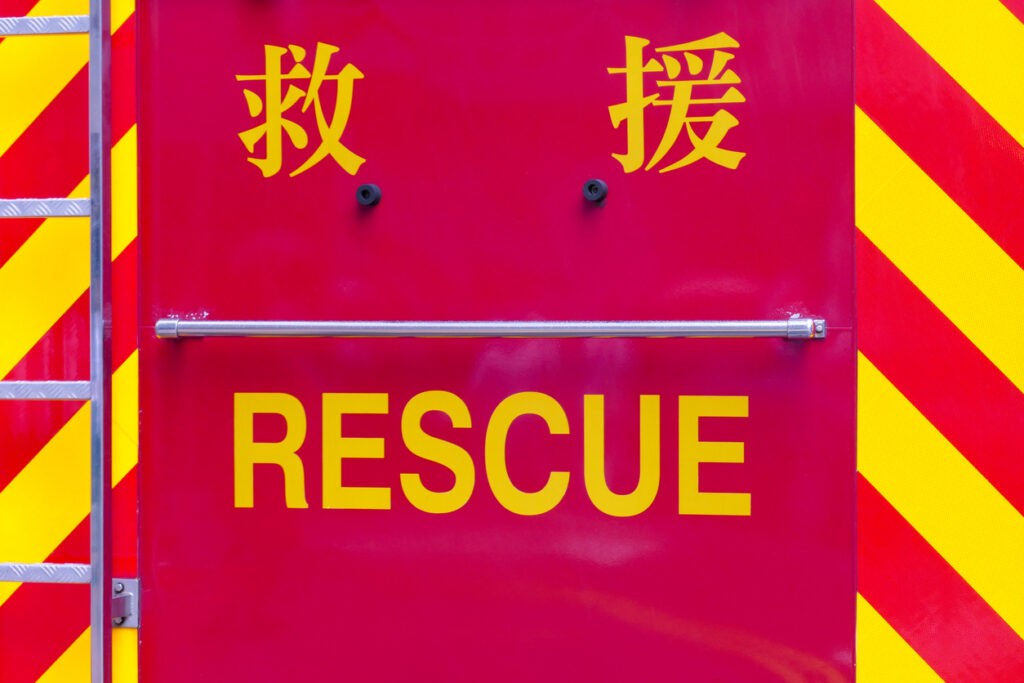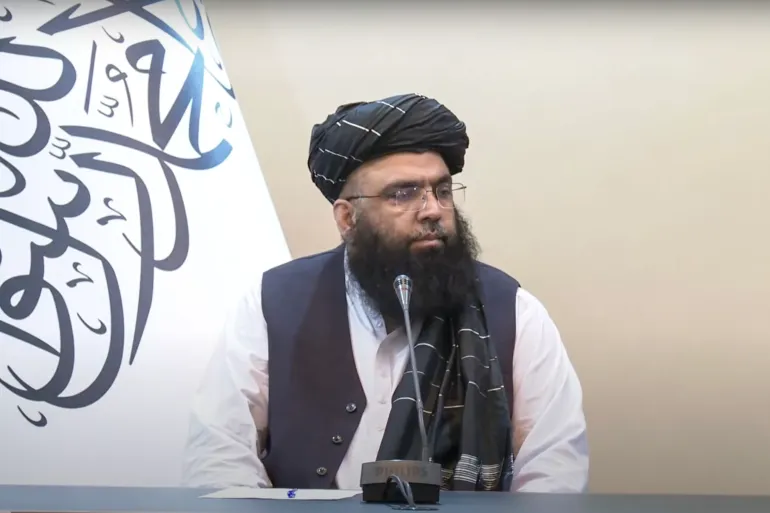China and Central Asian Countries to Jointly Respond to Emergencies
China and the five Central Asian countries plan to sign a memorandum of understanding to establish a mechanism of cooperation in the field of emergency management, Wang Manda, head of the International Cooperation Department of China's Ministry of Emergency Management, said at a press conference in Beijing, Xinhua reports. Manda specified that the signing of the memorandum is expected to take place during a ministerial meeting between China and the Central Asian countries on emergency management to be held on May 30 in Urumqi, the administrative center of Xinjiang Uyghur Autonomous Region. “Both China and the five Central Asian countries, namely Kazakhstan, Kyrgyzstan, Tajikistan, Turkmenistan, and Uzbekistan, are at high risk of natural disasters, including earthquakes, floods, forest, and steppe fires. The upcoming meeting will review cooperation between the two sides in areas such as disaster prevention, damage mitigation, disaster management, industrial safety supervision, and comprehensive rescue work, and put forward new proposals to deepen practical cooperation,” Wang said. The two sides will also hold drills on emergency responses to accidents at oil and gas pipelines. Following the first China-Central Asia summit in May 2023, the emergency management agencies of China and the Central Asian states pledged to establish a new platform for regional cooperation and deepen cross-border cooperation in rescue operations. Over the past year, the Chinese side has held several events within the framework of cooperation on emergency management in the “China-Central Asia” format. Among them are forums of high-level think tanks on emergency management, seminars on improving industrial safety, and the exchange of experience in safety risks.



